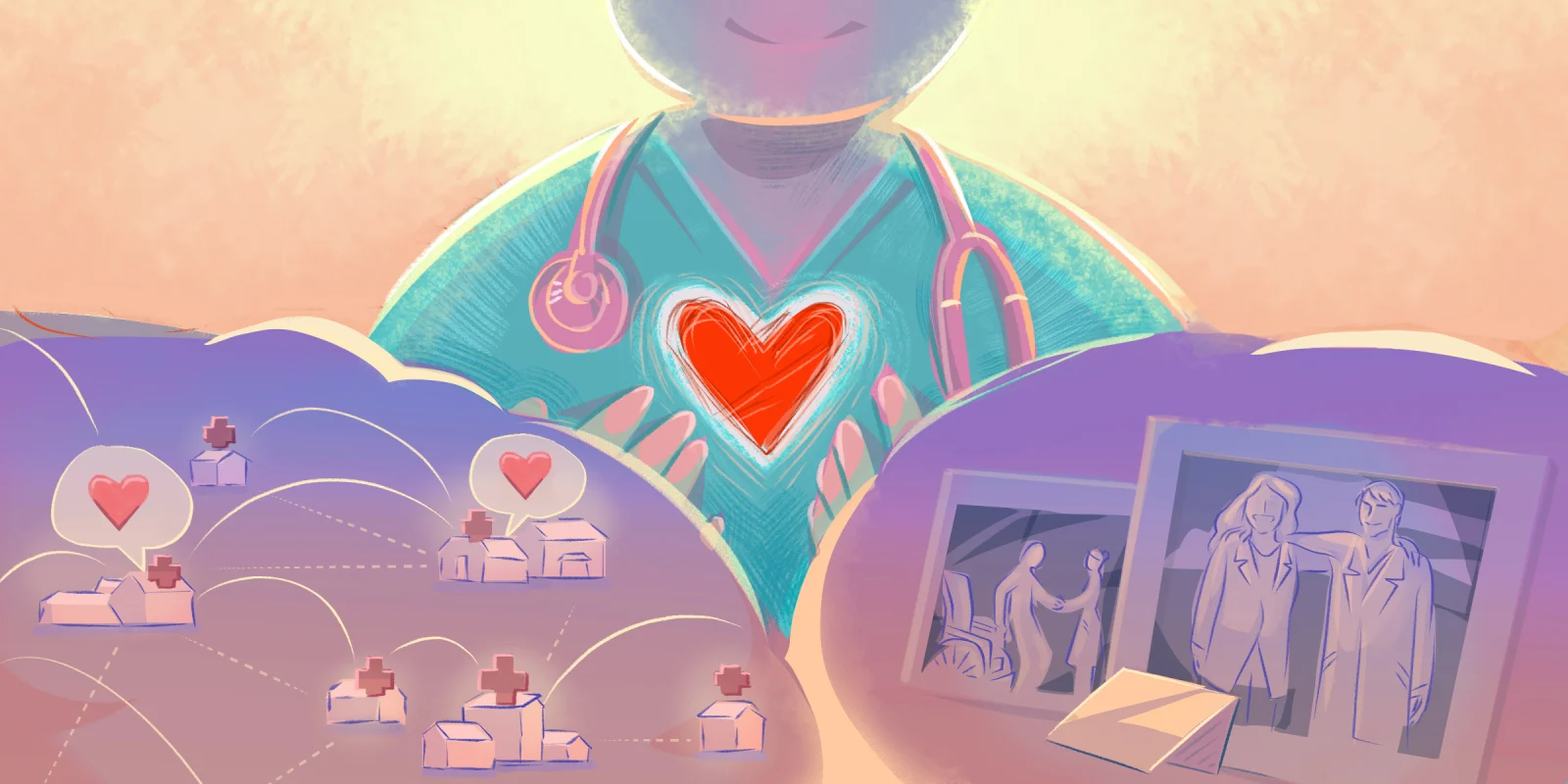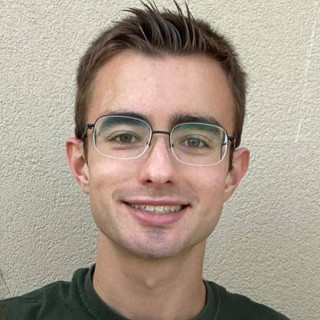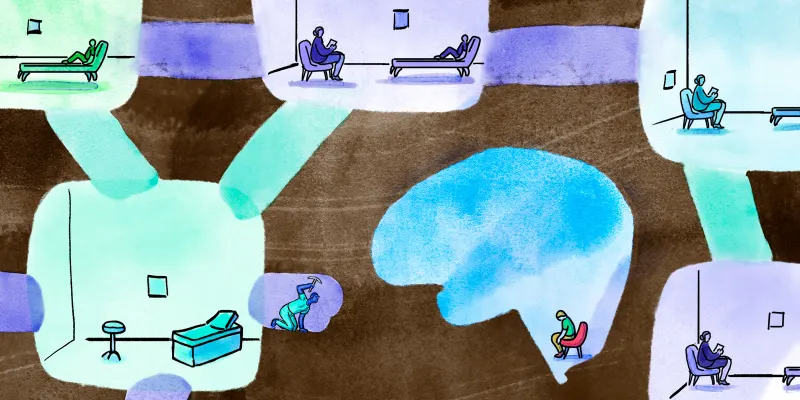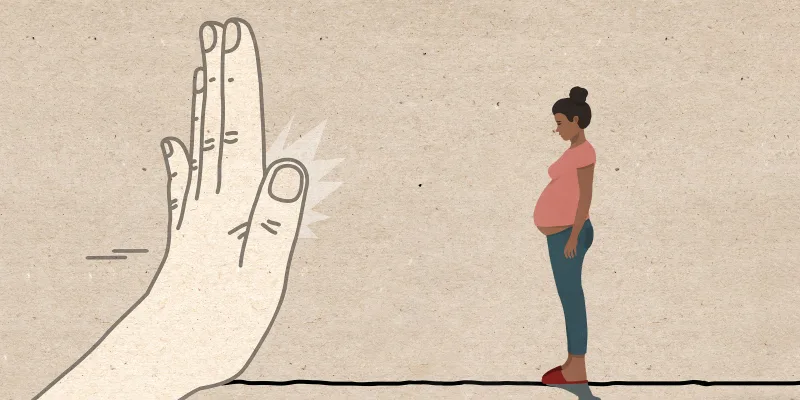“Come with me, Lachlan; we’re going to see my favorite patient.”
It was my only day with Dr. Miller, a cardio-oncology fellow. After one of the cardiology physicians gave a rather engaging lecture the prior week, I had requested a day to shadow his oncology team. He’d accepted my request to shadow Dr. Miller with open arms, yet I entered the cancer hospital with a sense of trepidation. Cancer patients were often the sickest, and my short time as a medical student had revealed to me the limitations of medicine.
We entered the exam room, and Dr. Miller smiled at the patient, Mr. Smith. I introduced myself, asked for permission to stay, and then sat in the corner of the room.
“Mr. Smith, how have you been doing since I last saw you?” chirped Dr. Miller. Her cheery demeanor caught me by surprise. She was unapologetically enthusiastic to see her patients, and Mr. Smith’s face lit up upon seeing her.
“Well, Doc, I’m better than I was when I saw you a few weeks back,” Mr. Smith replied. I watched as Dr. Miller and Mr. Smith reviewed his medications and spoke about their last encounter. Mr. Smith was a multiple myeloma patient who had been in remission for years. Recently, his heart had taken a beating from protein deposition, and he had entered late-stage restrictive heart failure.
Dr. Miller turned to me. “So Lachlan, the last time I saw Mr. Smith, I sent him to the urgent care for a paracentesis to drain all his fluid that accumulated.”
“And I spent eight hours waiting in the middle of COVID!” chuckled Mr. Smith, who continued his cheerful disposition despite his alarming story.
Dr. Miller spoke about another potential paracentesis and different medications to improve Mr. Smith’s symptoms. My confusion turned to optimism, as they both seemed impervious to the poor outcomes of patients with restrictive cardiomyopathy. I stood up and leaned over during the physical examination, only to see jugular venous distension for the first time as a medical student. Stage C, I thought to myself. We stepped out of the exam room and into the physician workroom.
“All right, let's begin. I’m worried about Mr. Smith.” Dr. Miller’s case presentation to her attending was the first I had ever seen, yet it was already vastly different from the ones I had rehearsed for my preclinical skills preceptor. My case presentations were an area of insecurity, often an unmitigated disaster, with jumbling of words and numerous restarts. I was used to serious standardized patient encounters and an intimidating preceptor — so the idea of injecting emotion into a case presentation the way Dr. Miller was doing was foreign to me. Truth be told, it hadn’t even crossed my mind that being emotional was OK in the field of medicine.
That day, I walked out of the cancer hospital with a new understanding of oncological medicine. I always felt that oncologists should have a level of distance from their patients, in order to avoid heartbreak around a poor prognosis. I would have even argued that one couldn’t reconcile one’s delivery of a poor prognosis with a positive attitude. Yet, I was wrong. It is important to feel an emotional connection to one’s patients, especially the ones who are most ill. Medicine needs more physicians who can empathize with their ill patients and still find a way to carry an aura of optimism and positivity for patients who may otherwise feel anything but. Without these physicians, medicine is a dreary field.
I only shadowed Dr. Miller once, but I feel she has many “favorite patients.” When I enter practice, I hope that I do too.
What place do you see for emotion and positivity in medicine? Share your thoughts in the comments below.
Lachlan Shiver is a current second-year medical student attending the USF Morsani College of Medicine. His interests include neurological research, medical humanities, and running.
All names and identifying information have been modified to protect patient and clinician privacy.
Illustration by April Brust







